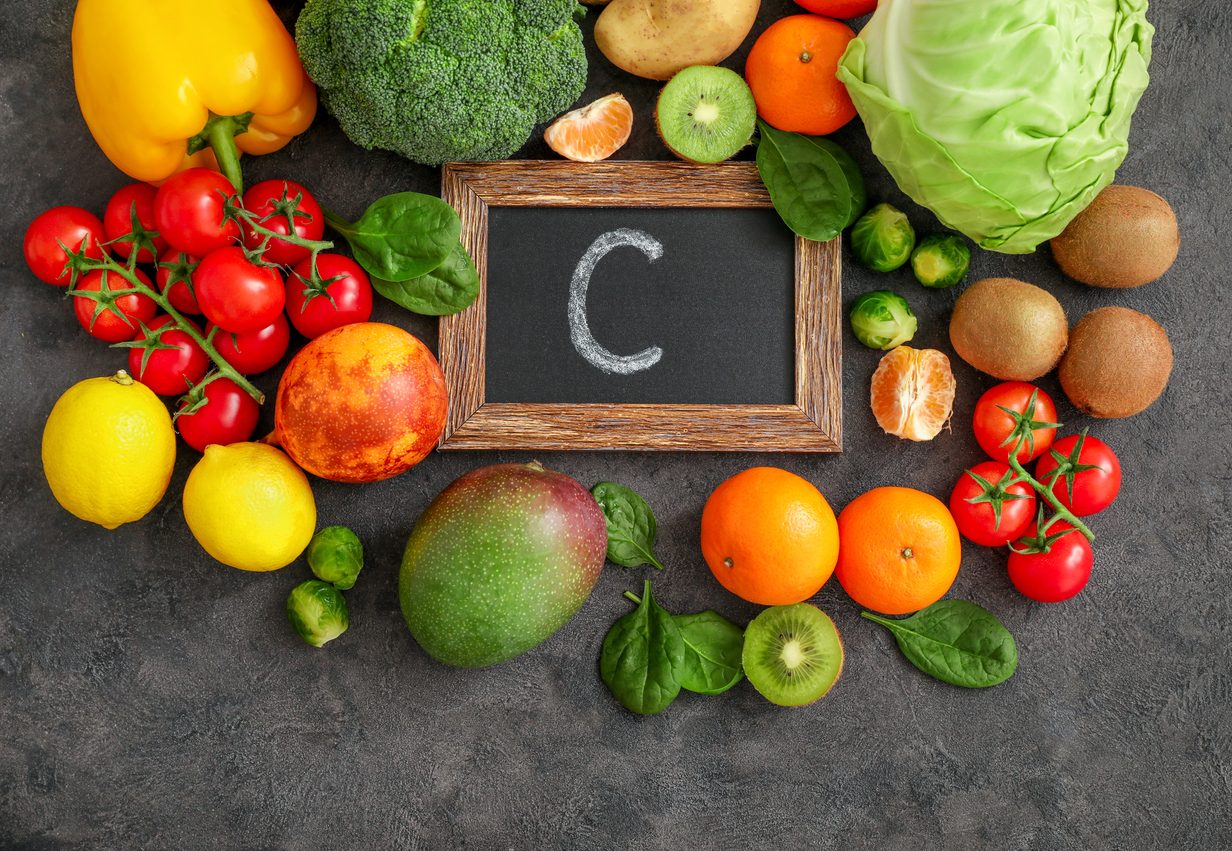5 Essential Vitamins which Will Help You Grow Taller
Here’s the lowdown of all the vitamins and minerals needed by the body that are linked with growth.
;Resize,width=742;)
If you’re not as tall as you’d like to be, don’t blame your parents – it’s not just genetic structure that determines how tall you get!
You need to have healthy bones, and the give your body the proper nutrients it needs, including all essential vitamins and minerals.
These vitamins include vitamin B1, B2, D, and C, as well as minerals such as calcium and phosphorus.
Here’s the lowdown of all the vitamins and minerals needed by the body that are linked with growth.
1. Vitamin D

Vitamin D is perhaps the most important vitamin when it comes to making strong and healthy bones.
If you don’t get enough vitamin D, your bones and teeth start to become weak. Sunlight is the major source of vitamin D, but you can increase the amount by eating tomatoes, milk, citrus fruits, potatoes, and cauliflower.
Vitamin D also assists the body in absorbing phosphorus and calcium that are essential for bone growth.
2. Vitamin B1

This vitamin helps to promote growth in the body, and it also helps regulate the digestive process. Vitamin B1 also helps maintain a healthy heart and nervous system, which are necessary to provide your organs with a regular blood supply in order to help the body to grow.
Vitamin B1 is found in rice, peanuts, pork, and soybeans.
3. Vitamin B2 (Riboflavin)

This vitamin promotes the growth of bones, as well as skin, hair, and nails. Vitamin B2 is found in eggs, fish, milk, and green leafy vegetables.
4. Vitamin C (Ascorbic Acid)

Vitamin C plays an important role in strengthening bones and teeth, and promoting their growth.
This vitamin is a powerful antioxidant that boosts the immune system, which helps the body to grow during childhood and adolescence. Good sources of vitamin C are tomatoes, potatoes, citrus fruits, and berries.
You should also include minerals in your diet like calcium and phosphorus to maximize your growth potential.
5. Calcium

Calcium is a very important mineral when it comes to bone growth, and taking it regularly can increase the strength of your bones.
Milk and other dairy products are major sources of calcium, but it can be found in spinach, collards, turnip greens and soy products if you can’t eat dairy.
Phosphorus also aids with bone growth, and some of the best sources are fish, peanuts, meat, and cola drinks.
The age guidelines for calcium intake are as follows:
1-3 years: 500mg calcium
4-8 years: 800mg calcium
9-18 years: 1300mg calcium
19-50: 100 to 1200mg calcium
You should couple a balanced diet with an exercise routine that includes swimming, aerobics or cycling. These sports help to exercise all parts of the body, and help to strengthen it.
;Resize,width=767;)
;Resize,width=712;)
;Resize,width=712;)

